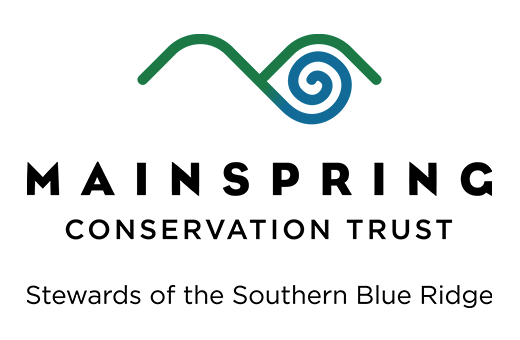Press Release:
A partnership of organizations is seeking volunteers for the fifth year of a volunteer breeding bird monitoring and education program that will be conducted this spring and summer at two early-successional habitat sites along the Little Tennessee River.

The program is a partnership between the Land Trust for the Little Tennessee (LTLT), Southern Appalachian Raptor Research (SARR), and the Fisheries and Wildlife Management program of the Eastern Band of Cherokee Indians (EBCI). The program is sponsored by the Cherokee Preservation Foundation’s Revitalization of Traditional Cherokee Artisan Resources (RTCAR) initiative, the Eastern Band of Cherokee Indians, North Carolina State University, and the Coweeta Long Term Ecological Research program.
During May to August, SARR will conduct 8 monitoring samples at both LTLT’s Tessentee Bottomland Preserve and EBCI’s Cowee Mound property. Volunteers are needed to assist in all aspects of the survey work and will receive training and supervision from SARR field biologists and technicians.

The monitoring work is based on the Monitoring Avian Productivity and Survivorship (MAPS) protocol. MAPS is a nationwide program coordinated by the Institute for Bird Populations in Point Reyes, CA. The MAPS program includes a continent-wide network of over 500 mist netting stations and is designed to monitor productivity, survivorship, and population trends of breeding birds throughout North America. Analyses of the resulting banding data provide critical information relating to the ecology, conservation, and management of North American landbird populations, and the factors responsible for changes in their populations.
The first sampling date is May 18th at Tessentee. For a calendar of sampling dates, please visit http://bigbaldbanding.org/calendar/ . For further information, please contact [email protected] or call (828) 736-1217.

 How do you know if a stream isn’t healthy? Do you take its temperature? Check to see if it’s in pain? Or do you simply notice that something isn’t right? Unusual stream flows can indicate a stream is unhealthy. If a stream is not flowing normally, that usually indicates it is unhealthy. Maybe the water is gushing faster than usual. Perhaps where there were once schools of fish there are now none. Changes like this would most likely be evident to anyone who spent a lot of time with the stream. But what if the stream change took place over decades instead of days?
How do you know if a stream isn’t healthy? Do you take its temperature? Check to see if it’s in pain? Or do you simply notice that something isn’t right? Unusual stream flows can indicate a stream is unhealthy. If a stream is not flowing normally, that usually indicates it is unhealthy. Maybe the water is gushing faster than usual. Perhaps where there were once schools of fish there are now none. Changes like this would most likely be evident to anyone who spent a lot of time with the stream. But what if the stream change took place over decades instead of days?
